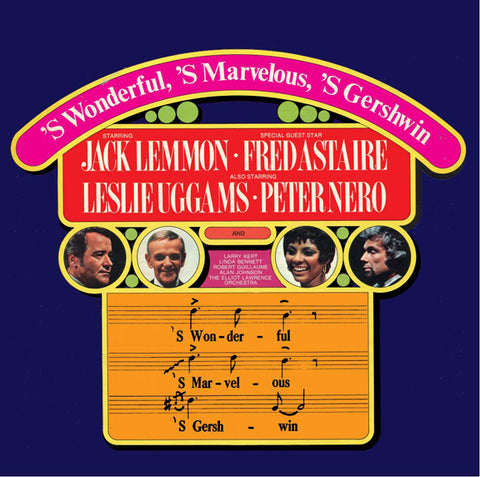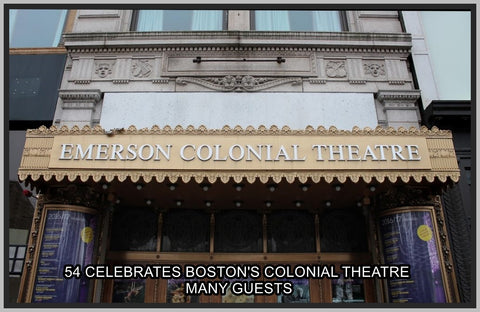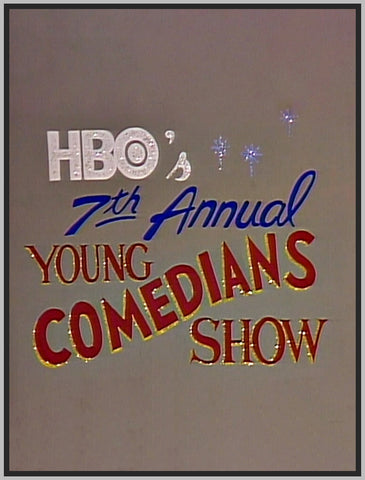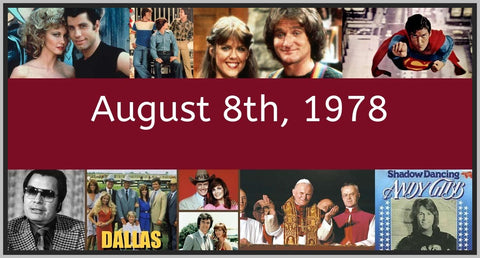EUROVISION SONG CONTEST COLLECTION - 24 DVDS - COMPLETE UNCUT SHOWS
$ 89.00
374
EUROVISION 1963
DURATION: 1 HOUR, 30 MINUTES
The eighth annual Eurovision Song Contest broadcast from BBC Television Centre in London.
The winning entry was Denmark's pairing Grethe and Jorgen Ingmann singing "Dansevise".
EUROVISION 1965
DURATION: 1 HOUR, 38 MINUTES
The tenth annual Eurovision Song Contest broadcast from Sala di Concerto della RAI in Naples, Italy.
Luxembourg won the competition for the second time with the song "Poupee de cire, poupee de son" sung by France Gall and written by Serge Gainsbourg, the composer who would gain worldwide fame four years later with "Je t'aime...moi non plus".
EUROVISION 1966
DURATION: 1 HOUR, 30 MINUTES
The eleventh annual Eurovision Song Contest broadcast from Villa Louvigny in Luxembourg.
The winning entry was Austria's "Merci cherie" sung by Udo Jurgens.
EUROVISION 1967
DURATION: 1 HOUR, 30 MINUTES
The twelfth annual Eurovision Song Contest broadcast from Grosser Festsaal der Wiener Hofburg in Vienna, Austria.
It was the United Kingdom's first win in the competition with Sandie Shaw's "Puppet on a String" - although the UK had already hosted the event twice before when the winning country declined to hold it.
EUROVISION 1968
DURATION: 1 HOUR, 38 MINUTES
The thirteenth annual Eurovision Song Contest broadcast from Royal Albert Hall in London, United Kingdom.
The winning entry, Spanish song "La La La", was performed by singer Massiel after the country's original choice of artist, Joan Manuel Serrat, upset dictator Francisco Franco by asking to sing in Catalan which was seen as an insult.
EUROVISION 1969
DURATION: 1 HOUR, 30 MINUTES
The fourteenth annual Eurovision Song Contest broadcast from Teatro Real in Madrid, Spain.
At this point in Eurovision history no one had prepared for the possibility of a tie for first place, let alone a four-way tie. The result was that France, the Netherlands, Spain and the United Kingdom were all crowned champions. This caused a hiccup in the medal giving ceremony because there were not enough to go around, and the songwriters did not receive theirs until later.
The winning entries were France's Frida Boccara singing "Un jour, un enfant", the Netherlands' Lenny Kuhr with "De troubadour", the UK's Lulu with "Boom Bang a Bang" and Spain's Salome singing "Vivo cantando".
EUROVISION 1970 - 2 discs.
DURATION: 1 HOUR, 30 MINUTES
The fifteenth annual Eurovision Song Contest broadcast from RAI Congrescentrum in Amsterdam, the Netherlands.
Lots were drawn for a host nation after the 1969 contest in Spain ended in a four-way tie. A new voting system was introduced for this year which meant any countries which tied would have to perform again for the judges for a second round of voting. Unhappy with this and with the previous year's outcome, several countries including Austria, Finland, Norway, Portugal and Sweden boycotted the competition, resulting in the smallest number of competitors in over a decade.
This forced Dutch producers to pad out the show with extra material, including the now famous introductory video sequence known as the Eurovision postcard.
Several of the twelve contestants were already established performers in their own countries including the UK's Mary Hopkin and Luxembourg's David Alexandre Winter. However the actual winner was an unknown Derry schoolgirl, Dana, who represented Ireland with the song "All Kinds of Everything". Both Dana and the song would go on to be hugely successful.
EUROVISION 1971
DURATION: 1 HOUR, 58 MINUTES
The sixteenth annual Eurovision Song Contest broadcast from Gaiety Theatre in Dublin, Ireland.
The contest was won by Monaco, their only win to date, with French national Severine and the song "Un banc, un arbre, une rue".
EUROVISION 1972
DURATION: 1 HOUR, 40 MINUTES
The seventeenth annual Eurovision Song Contest, broadcast from Usher Hall in Edinburgh.
1971 winner Monaco did not have the resources to host the contest so made approaches to French TV for assistance, however their stipulation that the contest would have to be held in France meant they approached the British president of the European Broadcast Union instead and the United Kingdom stepped in once again to host the event.
This year's winning country was (for the third time!) Luxembourg, with "Apres toi" sung by Vicky Leandros. The songwriter Yves Dessca also wrote the previous year's winning song for Monaco becoming the first person to win the contest two years in a row and for two different countries
EUROVISION 1973
DURATION: 1 HOUR, 52 MINUTES
The eighteenth annual Eurovision Song Contest, broadcast from the Nouveau Theatre, Luxembourg.
Luxembourg retained their title, winning for a fourth time with Anne Marie David and "Tu te reconnaitras". Only six points separated the top three.
EUROVISION 1974
DURATION: 2 HOURS
The nineteenth annual Eurovision Song Contest broadcast from The Dome in Brighton, United Kingdom.
Once again the United Kingdom stepped into the breach, hosting the event for the fifth time after 1973 winners Luxembourg declined to hold it for a second year running due to expense.
Swedish group ABBA won the day with "Waterloo" and went on to become one of the only Eurovision acts (along with 1988 winner Celine Dion), to achieve international superstardom, selling more than 375 million records worldwide.
EUROVISION 1975
DURATION: 2 HOURS, 12 MINUTES
The twentieth annual Eurovision Song Contest broadcast from Stockholm International Fairs in Stockholm, Sweden.
A record nineteen countries took part and the Netherlands took the title for the last time to date with Teach In singing "Ding Dinge Dong" in English.
EUROVISION 1976
DURATION: 2 HOURS, 10 MINUTES
The twenty first annual Eurovision Song Contest broadcast from Congresgebouw, The Hague, in the Netherlands.
It was another victory for the United Kingdom, their third, with Brotherhood of Man and "Save Your Kisses for Me".
EUROVISION 1977
DURATION: 2 HOURS, 10 MINUTES
The twenty second annual Eurovision Song Contest broadcast from Wembley Conference Centre in London.
Once again France set a record, becoming winners for the fifth time with Marie Myriam singing "L'oiseau et l'enfant". It was a record which would be rivalled by Luxembourg in 1983, the United Kingdom in 1997, and rivalled and beaten by Ireland in the 90s.
EUROVISION 1978
DURATION: 2 HOURS, 25 MINUTES
The twenty third annual Eurovision Song Contest broadcast from Palais des Congres in Paris, France.
Israel was a first time winner with Izhar Cohen and the Alphabeta singing love song "A-Ba-Ni-Bi".
EUROVISION 1979 - 2 discs
DURATION: 2 HOURS, 55 MINUTES
The twenty fourth annual Eurovision Song Contest broadcast from the International Convention Center, Jerusalem, Israel.
Israel retained their title, taking the crown for the second time with Gali Atari and Milk and Honey singing "Hallelujah".
EUROVISION 1980
DURATION: 2 HOURS, 15 MINUTES
The twenty fifth annual Eurovision Song Contest broadcast from Congresgebouw in The Hague, the Netherlands.
Ireland were back at the top of their game and won the contest with "What's Another Year" sung by Johnny Logan.
EUROVISION 1981
DURATION: 2 HOURS, 35 MINUTES
The twenty sixth annual Eurovision Song Contest broadcast from RDS Simmonscourt Pavilion in Dublin, Ireland.
The United Kingdom were crowned champions for a fourth time with the iconic song "Making Your Mind Up" sung by Bucks Fizz.
The performance included one of Eurovision's most memorable dance moves of all time in which the two male singers ripped the skirts off the two female singers.
EUROVISION 1983
DURATION: 3 HOURS
The twenty eighth annual Eurovision Song Contest broadcast from Rudi-Sedlmayer-Halle in Munich, West Germany.
Luxembourg equalled France's record with a fifth win courtesy of Corinne Hermes singing "Si la vie est cadeau".
Marlene Charell presented the contest, impressively, in German, English and French.





